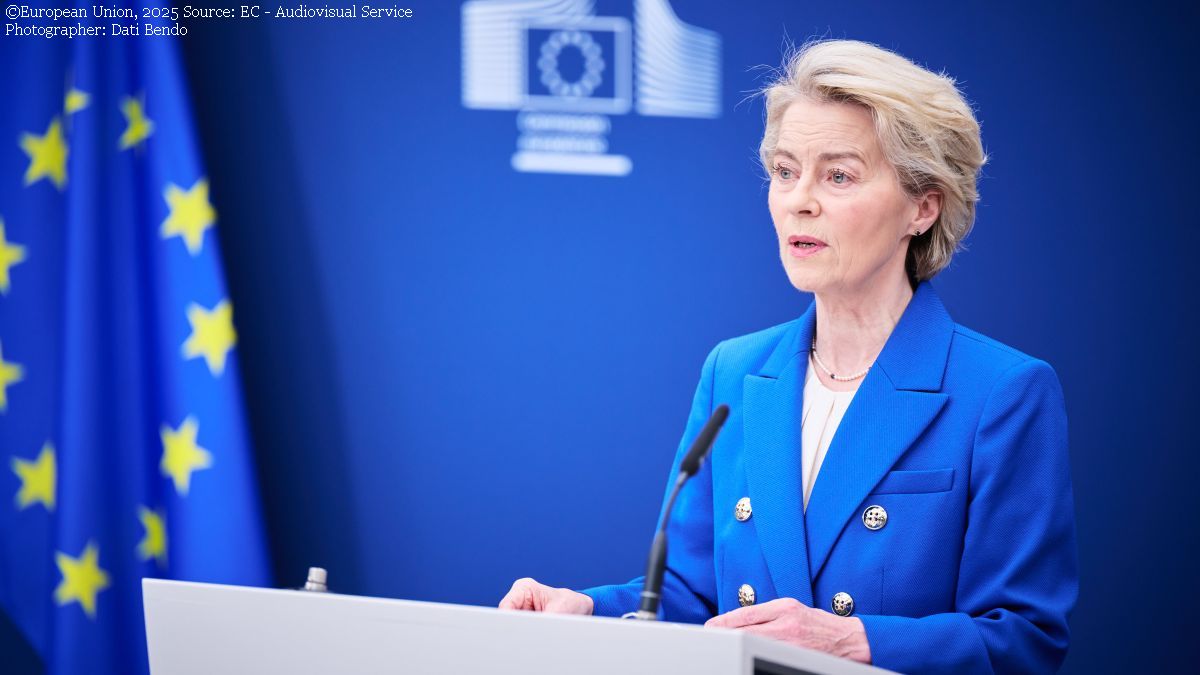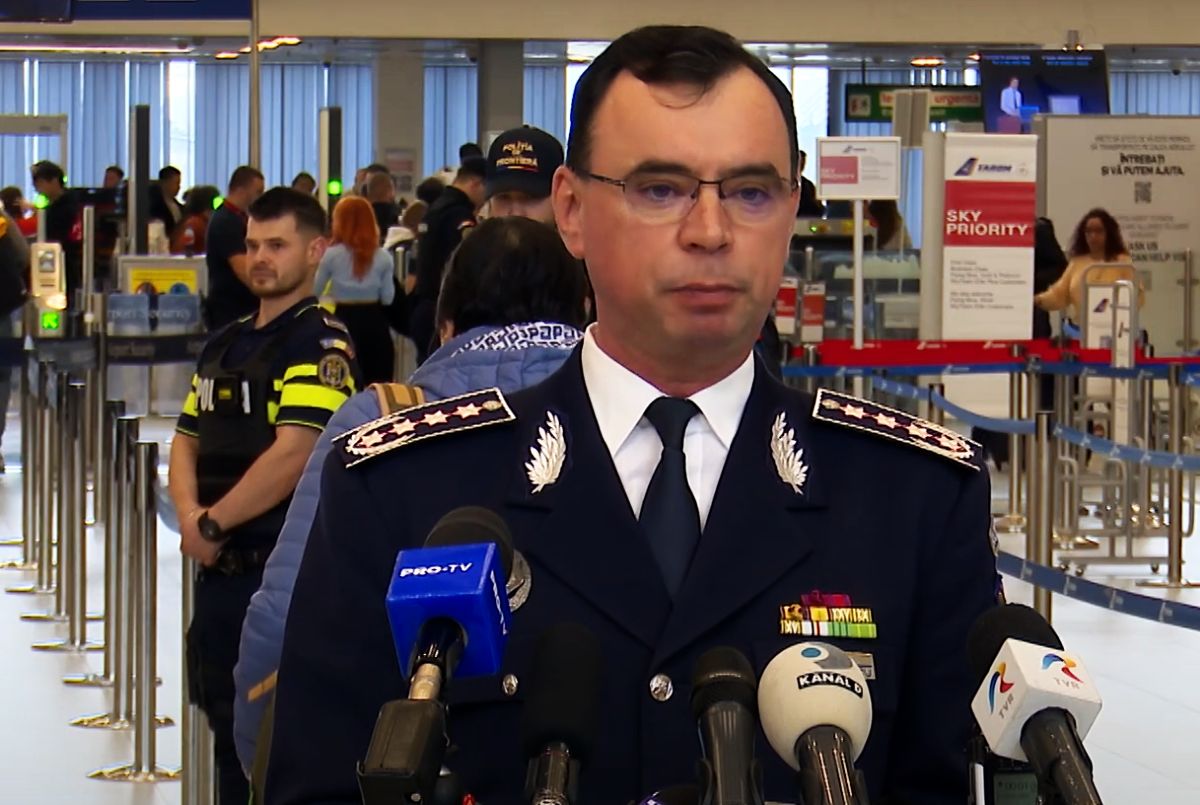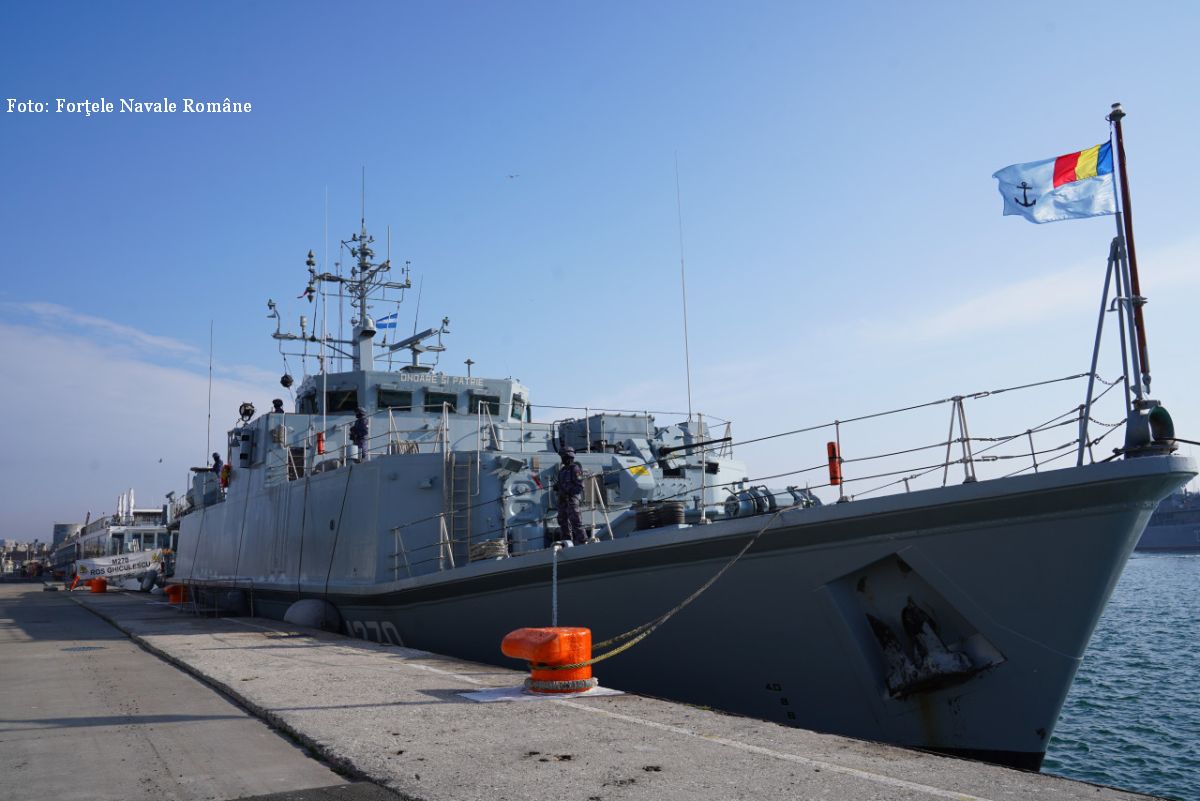Transdniester: Long-Term Separatism
The self-proclaimed republic of Transdniester initiates procedures to join Russia.

Bogdan Matei, 09.09.2016, 13:20
On Thursday, the leader of the separatist regime in Transdniester, Yevgeny Shevchuk, signed a decree saying the region should join Russia, in line with the results of a referendum held on September 17, 2006. In 2006, over 98% of the residents of Transdniester voted to join the Russian Federation. Under Shevchuks decree, the legislation of Transdniester is to be adjusted to the Russian one. Through this move Shevchuk is trying to grant legal status to an anomaly that has started a quarter of a century ago.
Transdniester split from Moldova in 1992, after an armed conflict that killed hundreds of people and ended with the intervention of the Russian troops on the side of the separatists. Having gained its independence from Moscow only months earlier, Moldova, back then a young republic, found itself in the situation of having to send police forces and volunteer brigades, armed with light weapons, to fight against the tanks of the former Red Army. Russia, though the voice of the then president Boris Yeltsin, committed itself ever since the 1999 OSCE summit in Istanbul to withdrawing its troops from Transdniester, but it has not kept its promise to this day.
Under the protection of the Russian troops stationed there, the separatist regime has constantly consolidated its position, although the so-called republic is not internationally recognized. All subsequent attempts to resolve the frozen conflict have failed. Tiraspol continues to refer to Transdniester as an independent state, while Chisinau pleads for reunion and offers to give a special status to this region.
A dinosaur reserve – this is how the international media defines this region, where the statues of Lenin and Communist symbols such as the sickle and hammer have been kept intact, notions like human rights are still unheard of, while trafficking in weapons, drugs and even human beings is the most profitable activity. Commentators in Chisinau, quoted by Radio Romania correspondents, say that Shevchuks recent move is simply populist. A so-called presidential election has been scheduled for December as the separatist leader is trying to win back the voters, after the ongoing economic crisis made him less popular.
In Bucharest, President Klaus Iohannis defines Shevchuks decree as “provocative rhetoric, in the context of the so-called presidential elections in the region. Geopolitical experts have pointed out that the leader in Transdniester is Moscows puppet and have warned that the situation in that region has all the necessary ingredients for the Crimean scenario to be repeated. We remind you that Russia annexed Crimea two years ago, following the result of a so-called referendum that has not been recognized by the international community.
(translated by: Elena Enache)






























